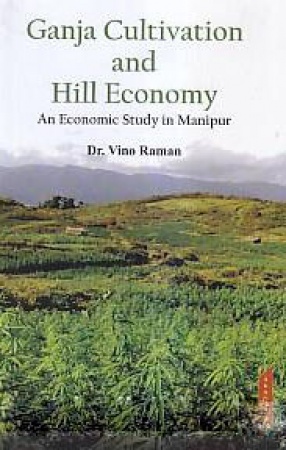Mountain people have long practiced sustainable resource management. They have had to, because their place-based cultures and lack of integration in mainstream economics have required it. So too, the mountains themselves make integrated, intensive approaches the norm. The extensive development model of the lowlands simply is not practical in the variable topographies and climates of upland regions. Sustainability in mountains, then, is both art and applied science. What learning can the environment and development community glean from the wisdom of these traditional practices? Ephrosine Daniggelis spent twenty months living and working among the Rai and Sherpa communities of the upper Apsuwa Valley, learning from them about their sustainable uses of the jangal, a mosaic of natural forests and agricultural fields in a little known part of Nepal. Her work is a landmark in furthering our understanding of the complex survival strategies of mountain people. Understanding how local people value and manage their own natural resources is the first step in designing new models of sustainable resources management … something that. The Mountain Institute is committed to and has been doing for almost 30 years in the Himalaya, the Andes and the Appalachian ranges. It is a pleasure for The Mountain Institute to co-publish this work, which adds importantly to learning about sustainability strategies in mountains. The research was supported by the Makalu Barun Conservation Project, an innovative project of HMG Nepal and The Mountain Institute to help local people manage and protect a globally significant natural treasure just east of the Mount Everest eco-system. The Mountain Institute has been working with the government of Nepal and especially with local people to help document these important indigenous knowledge systems. It is our hope that disseminating this knowledge will help conserve these and other biologically rich mountain areas, while creating opportunities for mountain people to earn sustainable livelihoods.
Applied Financial Economics
$48.60
$54.00





There are no reviews yet.